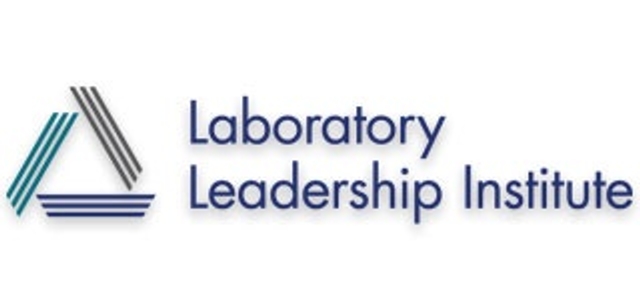
Labucate
ASCLS Labucate is an online learning system featuring high-quality educational content, conveniently presented for laboratory professionals to grow and advance. ASCLS members enjoy substantial discounts on continuing education.
Live, web-based webinars, online certificate courses, as well as "Best Of" bundles from our most popular live events are all available at affordable prices and offered with P.A.C.E. credit. Some content is free for ASCLS members.
Product Bundles
Courses

Professionalism: Forming a Professional Identity
This module on Professional Identity encourages a deeper understanding, facilitates discovery and meaning, and fosters personal growth.

Antibiotic Stewardship
A discussion on antimicrobial stewardship programs and how stewardship teams optimize care through collaboration with clinical microbiology teams.

Patient Blood Management
An overview of Patient Blood Management (PBM), including the risks associated with blood transfusion and how medical laboratory professionals can get involved in this...

Safe and Sound: Promoting Safety Culture in the Medical Laboratory
Explore important concepts of workplace safety culture and strategies to improve wellbeing for medical laboratory professionals.

Pre-examination/Pre-analytical Variables in Laboratory Testing
The key role pre-examination variables play in the quality of specimens that are obtained for laboratory testing.

Unlocking the Power of Neurodiversity in the Higher Education Classroom: Debunking Myths and Boosting Learning for All!
Neurodiversity - meaning and myths. How to use Universal Design for all learners.

